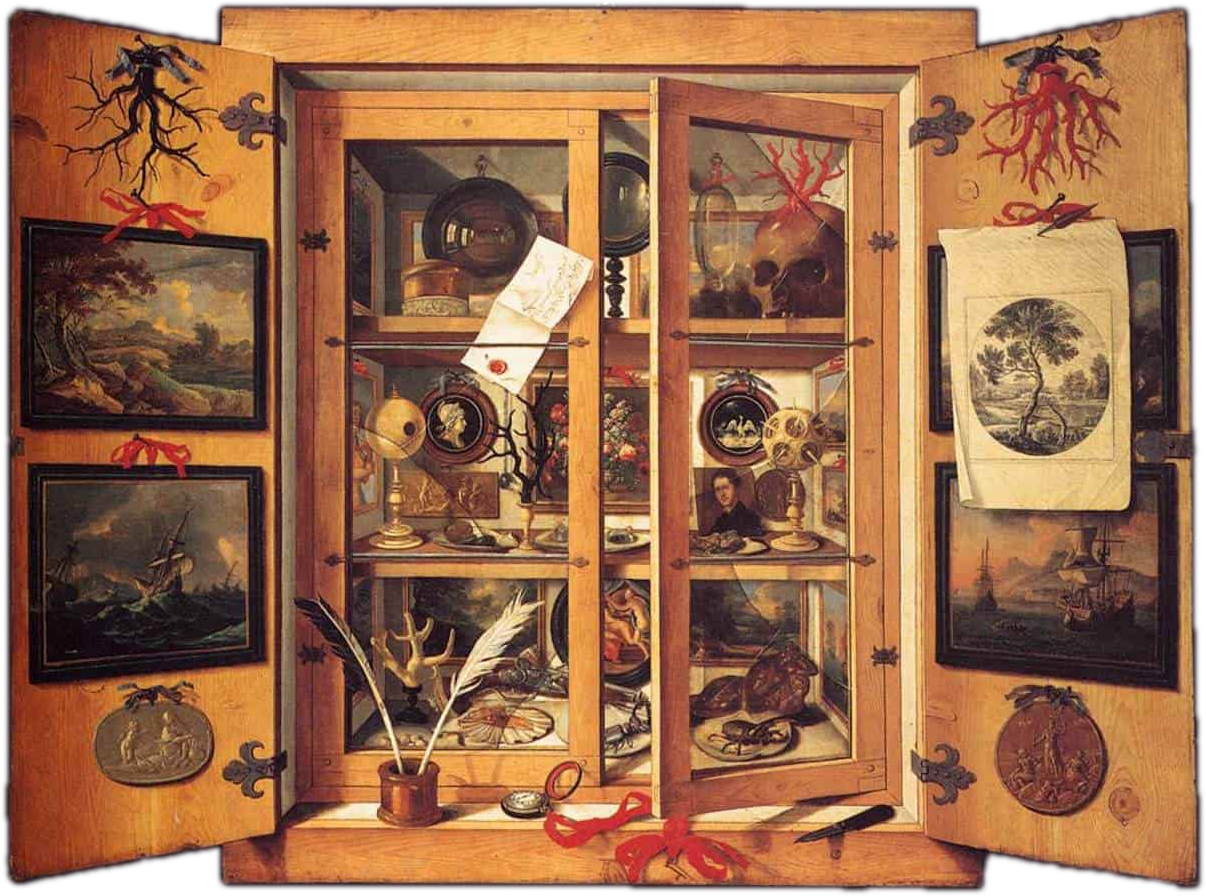Undergraduate Seminar: Dismantling the Discourse of Discovery

Meets with RCHUMS 315 (Home department)
During the 15th to 18th centuries, Europeans made direct ties to Africa, the Americas, and Asia-an era known as the "Age of Discovery." They profited from imported goods and ideas. Scientific "discovery" was an instrument of imperial domination, and a justification for colonial efforts as benevolent. What was the European worldview in the early modern period that enabled this behavior and approach? What knowledge was imported to Europe, what was left behind? What purposes - commercial, scientific, and ideological - did these so-called "discoveries" serve? And how did the advancement of Natural History itself act as a justification for further colonial projects? This course will discuss what we know of the indigenous knowledge before contact, which Indigenous ideas Europeans rejected and/or exploited and why, and how the import of plants, medicines, foods, etc., altered life back in Europe. We will work with ancient and early modern texts, images, and collections (i.e., Wunderkammer), critiquing the rhetorical approach of "Discovery" and its lingering presence in the legacy of Humanities as an intellectual and academic pursuit today.
HISTART Concentration Distributions: Transregional, Early Modern